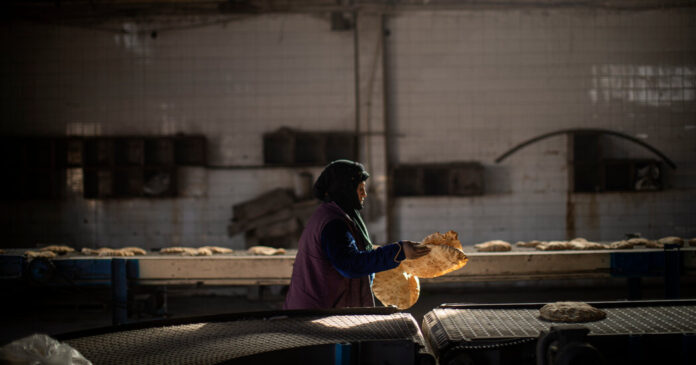In a speech last week, Treasury Secretary Janet L. Yellen said the pandemic and war have shown that while American supply chains are efficient, they are neither secure nor resilient. While she warned against a “full protectionist bias,” she said the United States should work to realign its trade relationship with a large group of “trusted partners,” even if it means slightly higher costs for businesses and consumers.
Ngozi Okonjo-Iweala, director-general of the World Trade Organization, said in a speech on Wednesday that the war had “rightly” contributed to issues of economic interdependence. However, she urged countries not to draw false conclusions about the global trading system, saying it has helped spur global growth and kept countries supplied with essential goods even during the pandemic.
“While it’s true that global supply chains can be vulnerable to disruption, trade is also a source of resilience,” she said.
The WTO has opposed export bans since the pandemic’s early days, when countries like the United States began imposing restrictions on the export of masks and medical supplies and only gradually lifting them.
Now the Russian invasion of Ukraine has unleashed a similar wave of food-focused bans. “It’s like deja vu again,” said Mr. Evenett.
Protectionist measures have spread from country to country, which is particularly evident in the case of wheat. Russia and Ukraine export more than a quarter of the world’s wheat and feed billions of people in the form of bread, pasta and packaged foods.
Mr Evenett said the current wave of wheat trade restrictions began when protagonists of the war, Russia and Belarus, cut exports. Countries that lie on a major trade route for Ukrainian wheat, including Moldova, Serbia and Hungary, then began restricting their wheat exports. Finally, major importers with food security concerns, such as Lebanon, Algeria and Egypt, are enforcing their own bans.
















